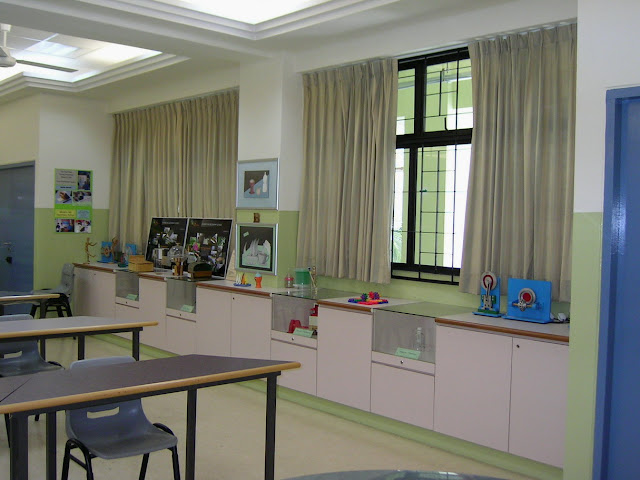Germs
Germs is the generic term for Bacteria, Viruses, Fungi and Protozoa.
Bacteria : Single-celled organism (without nucleus) that can be good or harmful to us. An example of a good bacteria is the Probiotics (L. Casei Shirota in Yakult and L. Acidophilus/L. Casei in Vitagen). Examples of harmful bacteria include E. Coli (contaminated food and water, human feces), Salmonella (contaminated fruits and vegetables, raw eggs). In general antibiotics are effective against bacteria.
Viruses : These require a living host to multiply. Antibiotics has no effect on them. There are highly deadly viruses like Ebola and Rabies. Others include the recent Covid-19, Smallpox and Influenza. There are some viruses that are beneficial to the Earth though, through symbiotic relationships with other organisms or by eliminating bacteria.
Fungi : They are a group of organisms known as Eukaryote. Examples include mushrooms, Molds and Yeasts.
Protozoa : Protozoa are single-celled organisms that contain a nucleus, and are larger than bacteria. Parasites can be classified under Protozoa.
High levels of germs can be commonly found in the following places:
- Mobile phones : Because we touch our phones all the time after we touch other stuffs. Some people even bring their phones into the toilet, which is not advised.
- Wallets : Many of us leave our wallet on the hawker centre tables, toilet ledge when we wash our hands, etc. These allow germs to stick to our wallets.
- Computer Keyboards : Many people eat in front of their computer screen. The food droppings is a magnet for germs. Shared keyboards at public places can be especially dirty.
We can sanitise the above with anti-bacteria wipes now and then.
- Money : Our coins, paper/plastic notes are very dirty as they would have been handled by many people, including hawkers who just processed their raw meat and then had to give you money for change. Remember to wash/sanitise our hands after we handle money.
- Pets and pet bowls : These are found to be one of the more dirty things at home. I would choose not to keep any pets.
- Toothbrush : Most of us leave the toothbrush wet after use. This allows bacteria to grow, especially if we place our toothbrush very near to the toilet bowl. The aerosol droplets from the flushing contains microbes (germs) from our fecal matters. It is suggested that we let down the toilet bowl lid before we flush. However, I choose to sanitise my toilet surfaces regularly instead. It is also suggested that we use tissue to dry the toothbrush after use. Or, we can place the toothbrush further away from the toilet bowl.
- Toilet Hand Towels : These are usually moist all the time. Bacteria can grow easily especially if the toilet is not well ventilated. We should change the toilet hand towels at least once a week.
Some items in public places that are highly dirty:
- Public Toilet Handles : There are people who do not wash their hands after they use the toilet. Don't catch what they leave on the door handle. Sometimes I use my knuckle or elbow to push the door, and I always sanitise my hands after touching any door handles in the public.
- Toilet Flush Handle/Button : We touch the handle/button when we flush after doing our stuff, not to mention that the handle/button is constantly bombarded with the aerosol droplets from the flushing. Hence these are among the most dirty places. Remember to wash our hands thoroughly before we leave the public toilets. If I need to pull the toilet door to leave the toilet, I would usually use my little finger, and then sanitise after I stepped out.
- Supermarket Trolley Grab Bars :Wipe with anti-bacteria sheets before use, because many people have used them.





Comments
Post a Comment